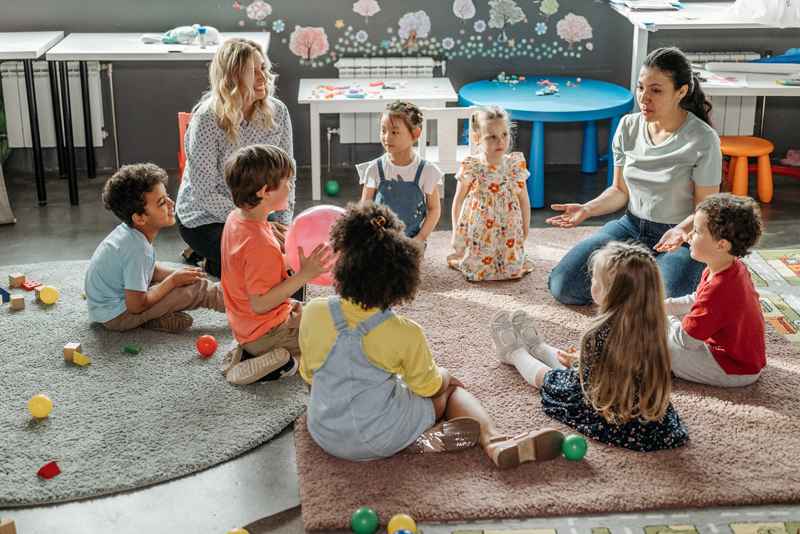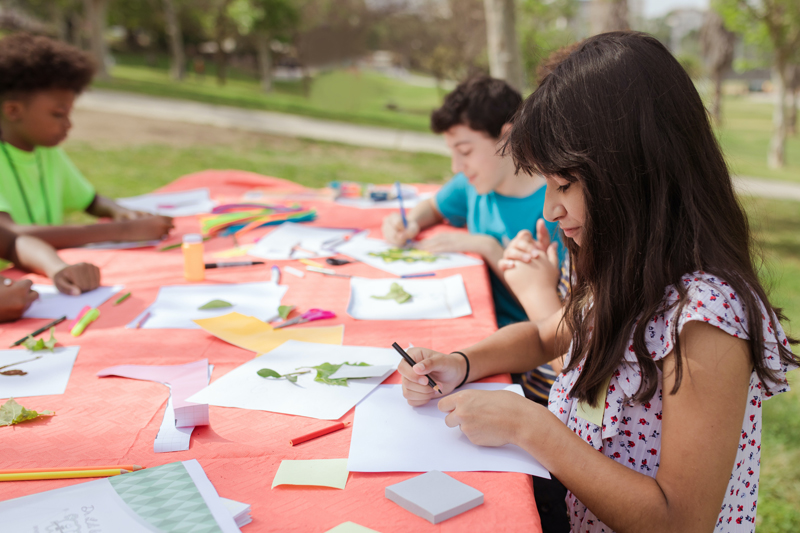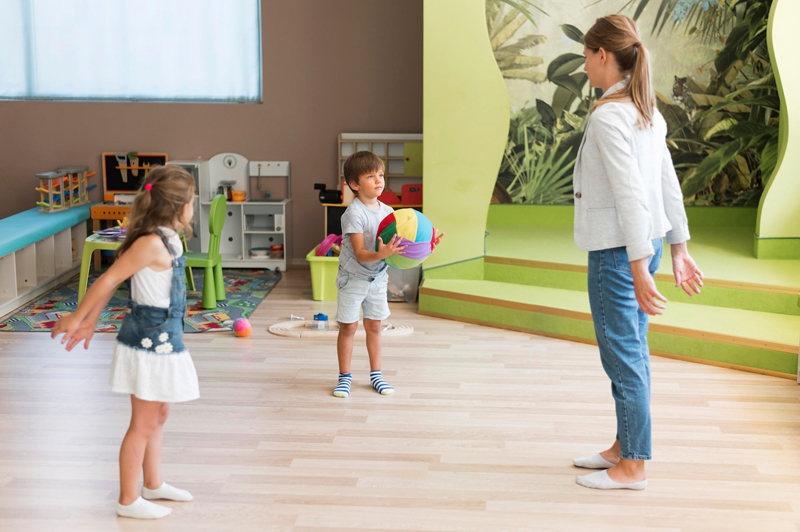
How to support SEN students in the classroom
How to support SEN students in the classroom Learn some ideas and teaching strategies that you can easily integrate into

How to support SEN students in the classroom Learn some ideas and teaching strategies that you can easily integrate into

Game-based learning can be an effective educational method for kids. Read on as we explore the pros and cons.

How to Reduce Homework Stress If homework is a source of frustration and stress in your home, it doesn’t have

Tips for parents on how to support at home learning with activities to make learning at home fun. Tips from a tutor, former teacher & mom of two.

Project-based learning is all the rage in KS1 and KS2 classrooms. So what is it and how can you implement it at home?

Learning styles allow students to better understand their learning preferences and abilities and work to those strengths.

Kinesthetic learning is all about getting those hands and bodies moving to make learning engaging and fun for learners with plenty of energy.

After a busy day at school, you may be looking for some activities to help your child to relax and

When the sun is shining, there’s nothing better than taking your learning outside! There’s certainly a lot to love about

It’s every teacher’s dream to have a class full of learners who are motivated, confident and, most importantly, independent. Learning,

Are you looking for simple (yet exciting!) mindfulness activities for kids? If so, these activity ideas are the perfect way

After a seemingly endless summer, it’s your first day back at school. On top of organising your classroom and creating

Heading back to school after the holidays can always feel a little nerve-wracking for children — and especially parents! Luckily,

20 summer learning loss tips from educators & parents Beat summer learning loss with these key tips and tricks from

Knowing what type of learner your child is can really help to transform their learning. By identifying how they learn